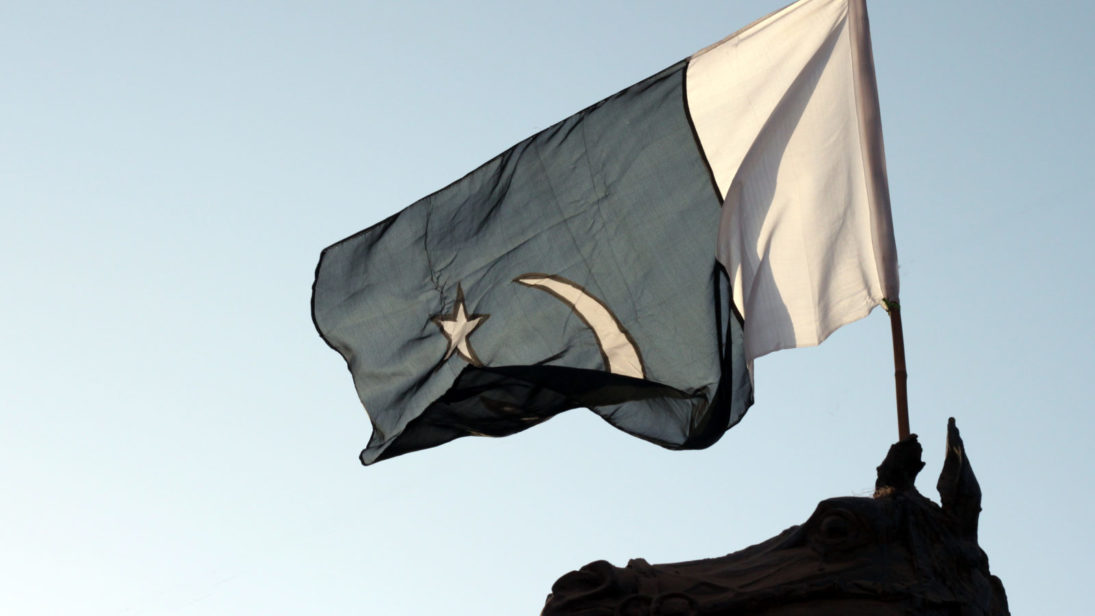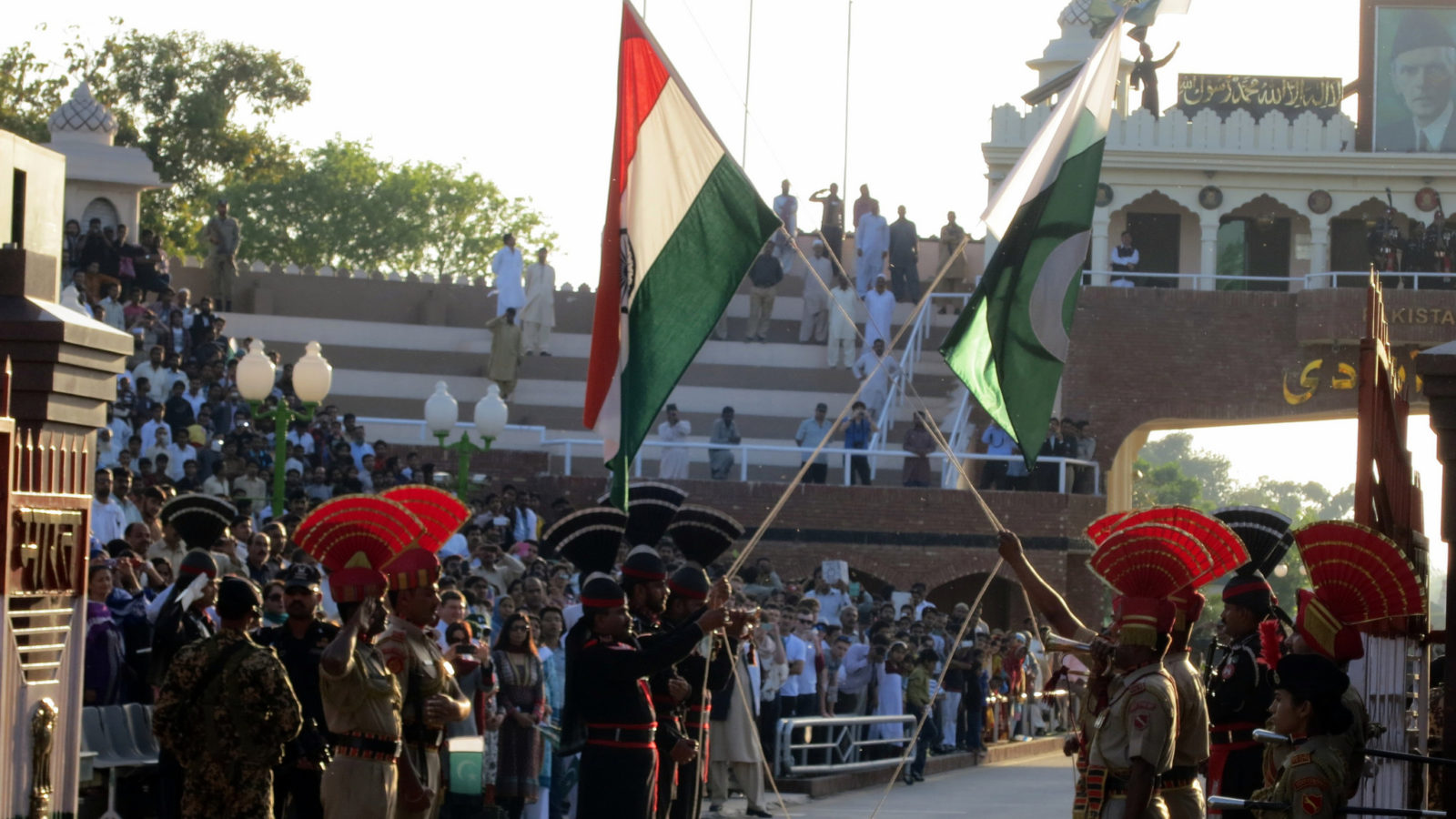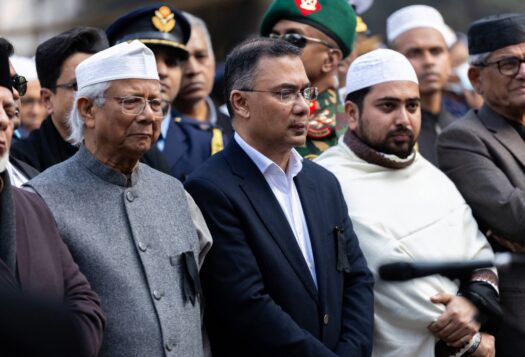
Pakistan is headed towards its second consecutive democratic transition of power on July 25. However, the current political landscape is too fragmented and uncertain to predict clear outcomes. It is likely that these elections will introduce a fragile, hung parliament that may usher in a shaky coalition government. A fragile government may not be able to take a firm stand on tough foreign policy issues currently facing Pakistan, in terms of its image and role globally. Considering the differences between various political stakeholders in Pakistan, a coalition would entail a consociational system where divergent policy agendas and differences of opinion are likely to make foreign policy maneuvering difficult for the incoming government.
Current Electoral Scenarios
Pakistan Muslim League-Nawaz (PML-N) came to power in the 2013 general elections with a ruling majority in the country’s National Assembly. However, last year, the Supreme Court made the decision to remove Nawaz Sharif as prime minister, disqualifying him from holding office for life on corruption charges. Multiple high-ranking PML-N officials have also been disqualified under similar charges, while others have defected. This has created more space for the Pakistan Tehreek-e-Insaf (PTI).
It is likely that these elections will introduce a fragile, hung parliament that may usher in a shaky coalition government.
The PTI has emerged as Pakistan’s main opposition party, led by former-cricketer-turned-philanthropist Imran Khan. His popularity may translate into success for the following reasons: first, using his cricketing background, Khan has been able to appeal to Pakistan’s youth, who account for 65 percent of the country’s population. Data shows that the PTI is set to secure 27 percent of the new voters between the ages of 18-23 (higher than the PML-N or Pakistan People’s Party (PPP)); second, Khan presents himself as a non-corrupt, fresh face in the political community, looking to safeguard the interests of the less fortunate, thereby appealing to the common masses ready to give someone new a chance—arguably, Khan’s efforts to improve services in Khyber Pakhtunkhwa are appealing. Finally, many argue that Khan has established a positive relationship with Pakistan’s influential military establishment. These indicators suggest Khan is likely to gain some kind of majority in the upcoming election, after which he may be able to form government with a mix of independents and a combination of smaller groups.
Establishing and maneuvering a coalition government will likely take up much of the new government’s first year or so, suggesting foreign policy challenges could take a back seat.
Khan’s biggest worry is the country’s most populous province of Punjab, which has the highest number of National Assembly seats. Traditionally, PML-N had its stronghold in Punjab. However, the Supreme Court’s recent decision to sentence Nawaz Sharif to ten years in prison for corruption charges may undermine the party’s chances in the province. It is possible that several PML-N members who have decided to run as independent candidates in that province could form an electoral alliance with the PTI, which could also include the PPP. The PPP seems to be losing votes in its traditional stronghold of Sindh, which has led many to predict the formation of an alliance within the opposition. This potential coalition highlights the chances for a hung parliament, detrimental to improving Pakistan’s relations worldwide–establishing and maneuvering a coalition government will likely take up much of the new government’s first year or so, suggesting foreign policy challenges could take a back seat.
Ground Realities
The outcome of the upcoming election is unlikely to introduce a major shift in the country’s foreign policy, largely due to the potentially-competing agendas within a coalition government and because the military largely dictates foreign and security policy. In addition, the incoming government faces various domestic challenges such as deteriorating exports and low foreign exchange reserves, as well as the expectation to provide job opportunities to a growing population. These internal challenges suggest that the new government will be heavily entangled in domestic affairs, which is likely to divert its attention from foreign policy. This in turn may, inadvertently, further empower the security apparatus of the country to intervene in foreign policy matters.

Foreign Policy Challenges
Pakistan faces serious external challenges such as terrorism, the impact of the Afghan conflict, its strained relations with the United States and India, whose status as a rising power has led to a deepening strategic partnership with Washington, and changing trends in Kashmir. Thus, much will depend on how the new government manages ties with the United States, Afghanistan, India, and of course, China.
The outcome of the upcoming election is unlikely to introduce a major shift in the country’s foreign policy, largely due to the potentially-competing agendas within a coalition government and because the military largely dictates foreign and security policy.
Whoever takes office will be immediately faced with the challenge of dealing with Pakistan-United States relations, which are undergoing troubled times. Despite Pakistan’s assurances that it has taken adequate and concrete measures against the Taliban and the Haqqani network in its tribal areas, Washington remains unconvinced. Additionally, ground realities prove that persistent instability in Afghanistan leads to increased U.S. pressure on Pakistan, as terrorism on the Afghanistan-Pakistan border has been a central issue of strain between the two countries. The easing of bilateral ties between the two is dependent on Pakistan being a partner of the United States to resolve the conflict in Afghanistan. Unless the incoming government takes active steps to revive diplomacy with Washington, Pakistan may not have any salience with respect to the United States’ strategic perception of South Asia.
Simultaneously, Pakistan’s relations with India have been deteriorating due to increased cross-border terrorism, the evolving, volatile situation in Kashmir, the Kulbhushan Jadhav episode, and deepening China-Pakistan partnership under the rubric of the China-Pakistan Economic Corridor (CPEC), which India vehemently opposes. To avoid risks of accidental conflict with India over any of these issues, which would carry serious escalation potential, it is imperative that the incoming government restore dialogue with India. This could include discussion on a shared mechanism for countering terrorism, and managing the situation in Kashmir through a dialogue process in order to preserve human rights. In terms of economic stability, it is also important that Pakistan adopt a policy of relative accommodation with India in order to allow CPEC initiatives to manifest as intended, which may in return lead to stability in the region. CPEC is pivotal to Pakistan’s medium-term economic agenda. Many CPEC-related projects are expected to be completed in the next parliament’s term, due to which the new government will need to stir up regional and global support to achieve this economic goal.
Way Forward: Improving Ties with Washington and Delhi
The incoming government would do well to focus on reforming policy to resume dialogue with India and repair ties with the United States.
By all accounts, the new government will have to formulate a foreign policy agenda based on a big-picture assessment of future national, regional, and global challenges to Pakistan. While this may be a difficult assessment for a coalition government with varying political agendas, a sound foreign policy platform is vital to promote Pakistan’s welfare at home and abroad and improving its image in the international community. To this end, the incoming government would do well to focus on reforming policy to resume dialogue with India and repair ties with the United States.
Editor’s Note: As Pakistani voters head to the polls on July 25 in what will be the second time in the country’s history that one civilian government will transfer power to another, SAV contributors Umair Jamal, Farhan Siddiqi, Hamzah Rifaat, and Rizwana Abbasi assess the likely outcome, its impact on Pakistan’s domestic economic agenda and foreign policy, and what role key stakeholders such as the military and the religious groups may play in the process. Read the entire series here.
***
Click here to read this article in Urdu.
Image 1: Shahzeb Younas via Flickr
Image 2: Stefan Krasowski via Flickr


